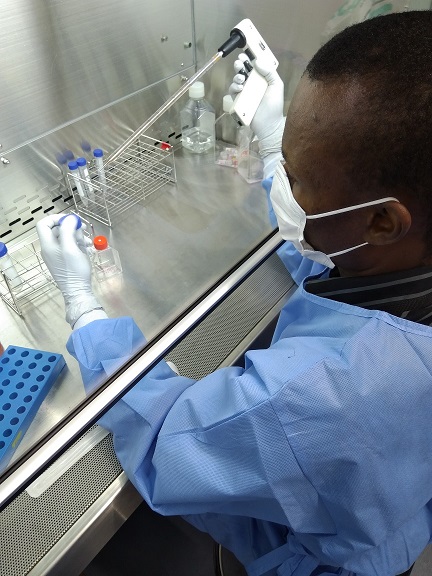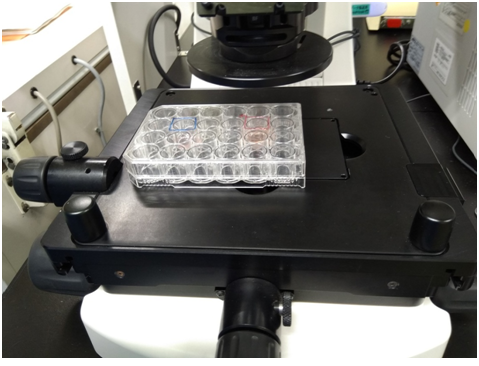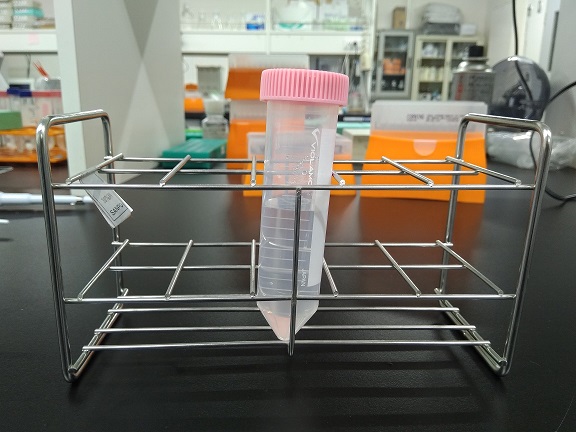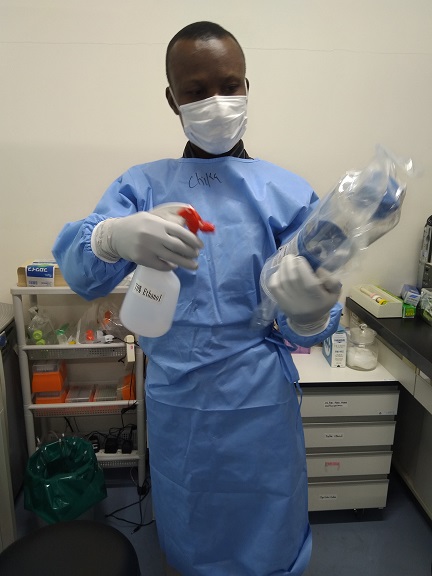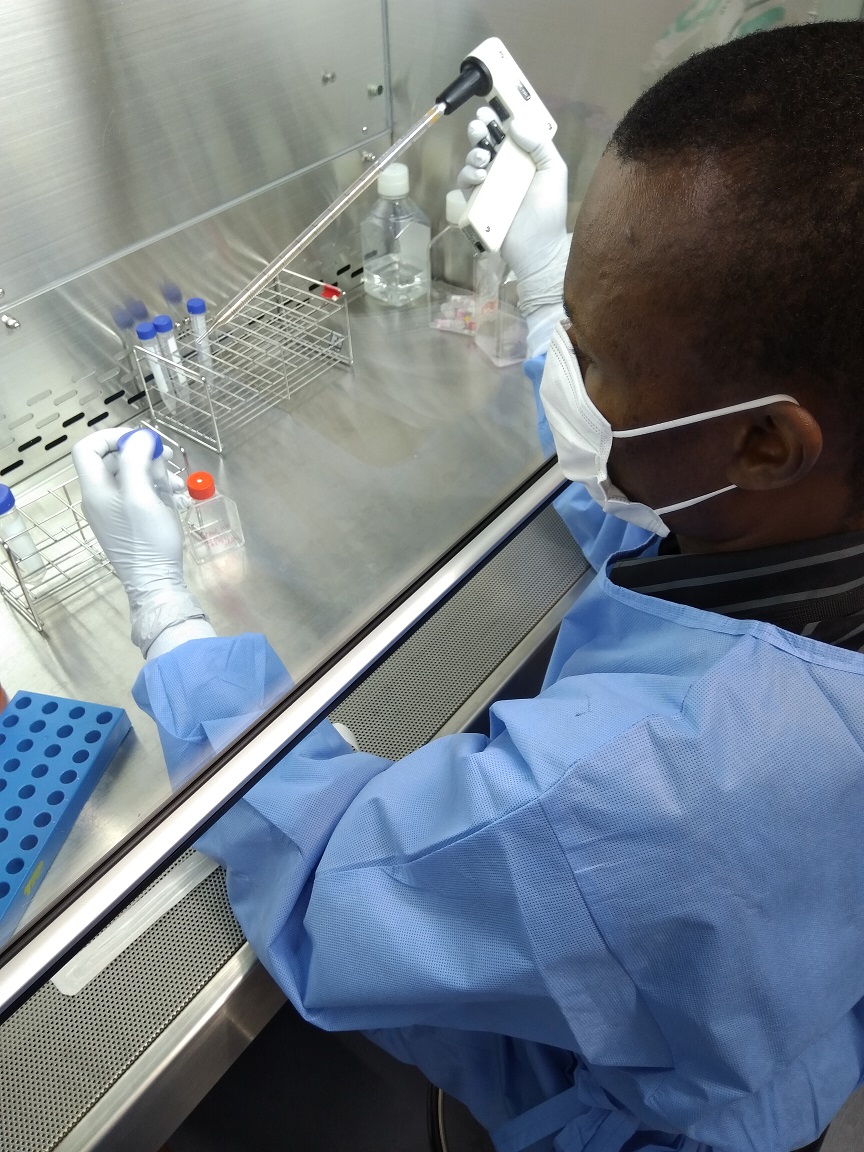ADVANTAGES OF CELL CULTURE TECHNIQUES DISADVANTAGES OF CELL CULTURE TECHNIQUES References Alberts B, Bray D, […]
Tag: cell culture
APPLICATIONS OF CELL CULTURE TECHNIQUE
Cell culture technique is defined as the process by which prokaryotic, eukaryotic or plant cells […]
EQUIPMENT USED IN CELL CULTURE LAB
Laminar flow cabinet (hood) The laminar flow biological safety cabinet which can also be called […]
CLASSIFICATION/TYPES OF CELL CULTURE
In the cell culture laboratory, there are many cell culture techniques that are routinely engaged […]
HISTORICAL PERSPECTIVE OF CELL CULTURE
The history of cell culture cannot be complete without the mention of Henrietta Lacks, whose […]
REASONS FOR DOING CELL CULTURE
Why is cell, tissue or organ culture embarked upon despite the ethical issues surrounding its […]
CELLS THAT CAN BE CULTURED IN VITRO USING CELL CULTURE TECHNIQUE
The living cells that are cultured may include: When a whole organ or intact organ […]
PHYSIOCHEMICAL ENVIRONMENTAL FACTORS THAT AFFECT CELL CULTURE
Cell or tissue culture experimentations should not be carried out in the regular laboratory space […]
Introduction to Cell Culture
Cell culture is the laboratory technique of growing and maintaining the cells of multicellular organisms […]


